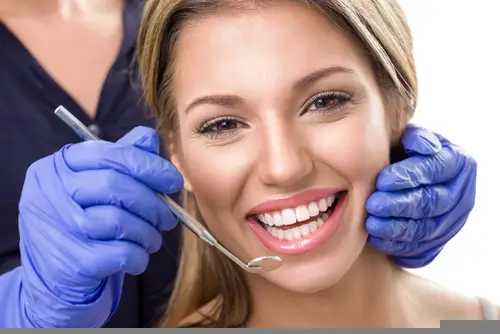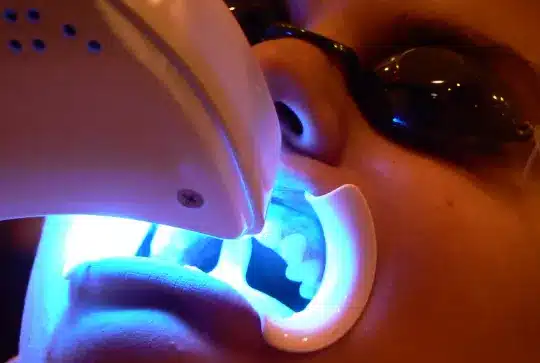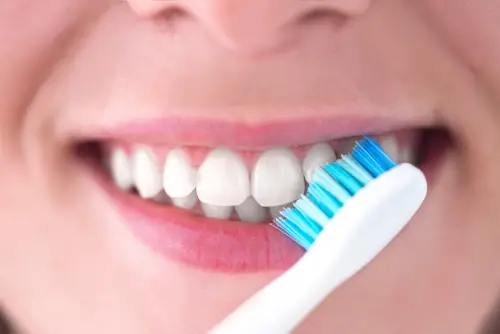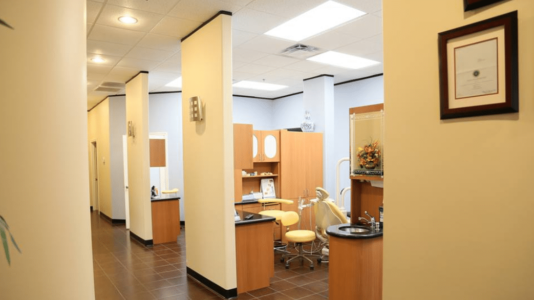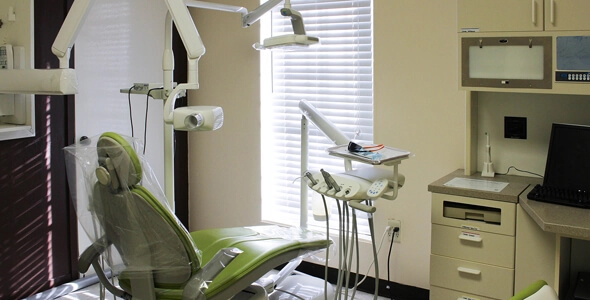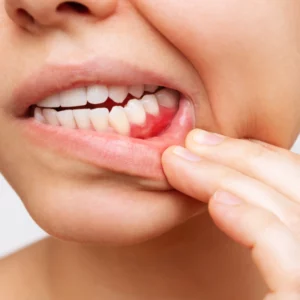Teeth whitening, or any procedure that makes the teeth look whiter, is among the most common aesthetic dental procedures. Is it possible that people would feel sensitive teeth during this kind of treatment? Is it the beginning of a series of treatments? Will it be painful?
A conducted among approximately six hundred participants on teeth whitening shows that there is awareness, but along with that, a lot of many misconceptions.
Here are a few other doubts, myths, and truths surrounding this popular treatment.
MYTH 1- Teeth whitening is the same as Teeth cleaning
A widespread misunderstanding, more frequently than not halted nowadays, is that these two methods are exactly the same. 82% of survey respondents tend to be fully conscious of the distinctions in teeth whitening and teeth cleaning. It is essential to understand that value in the validity of this argument increases with the respondents’ age.
- Teeth cleaning procedure includes root scaling, deep cleaning, and Prophylaxis, whereas teeth whitening includes easy to use at-home kits and in-office bleaching.
- While teeth cleaning is a routine process to prevent oral health from degrading; teeth whitening is completely an aesthetic treatment solely for the beautiful appearance of your teeth.
- While Teeth cleaning is an essential and mandatory procedure for the upkeep of your oral health, teeth whitening is a choice and can be considered or avoided. Teeth whitening does not affect oral health.
MYTH 2- Teeth whitening can damage your teeth
While most survey respondents – 32%– disagreed, there seem to be a substantial 40 % who had no definite perception, and around 28 % agreed with the statement (the myth).
Yet again, the variation in responses indicates the lack of conclusive information on the topic. Modern procedures are usually deemed effective, as long as you trust experts or abide by your dentist’s instructions while using an at-home teeth whitening kit. That being said, be wary of unidentified and unproven techniques, particularly for home usage, so that you do not put your dentin and enamel at risk leading to severe damage.
MYTH 3- Teeth looks unnatural after teeth whitening
The validity of this assertion is supported by 35% of the participants. However, it is interesting to consider that far more females than males agree that teeth whitening procedures might look artificial.
Although it is a myth, however, there is an underlying truth hidden. Professional tooth whitening is a safe and modern procedure, which indicates that your dentist will monitor the effects. Suppose you are using home teeth whitening products. In that case, you will also affect the outcome by decreasing the number of days you wear your teeth bleaching trays – for example, don’t overlook that there is indeed a limited whitening level that can be obtained that varies for each individual.
MYTH 4- White teeth indicates zero dental problems
While 26 % of respondents in a study appear reluctant, 66% of all respondents agree that pearly white teeth are not necessarily an indication of excellent oral health. And they’re correct.
The color of natural teeth differs with the lightness, and it alters as we mature. Oral health has nothing to do with the color of your teeth. There could be people with slightly yellow teeth which are in good shape. There are few individuals with sparkly white teeth with poor oral health. Everyone should get their teeth regularly checked and not avoid dental appointments solely on the basis of the color of their teeth.
MYTH 5- People with sensitive teeth must avoid teeth whitening procedures
A large proportion of survey respondents (58%) believe that sensitive teeth must not be bleached.
It does not matter what treatment or therapy you are undergoing; there will always be a possibility that your teeth and gums might or might not be sensitive to the substances used during a teeth whitening session, especially if you have sensitive teeth and highly probable when using home teeth whitening kits. However, professional teeth whitening procedures often involve the use of a numbing gel or rubber gum guards to help shield gums throughout the treatment.
Oral hygiene and health are as important as the overall well-being of your body. Myths are common with such procedures, however, always confirm the facts from the right sources before proceeding with the treatment and spreading the information.



